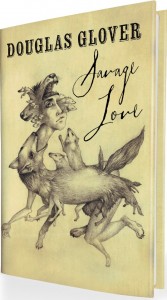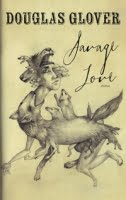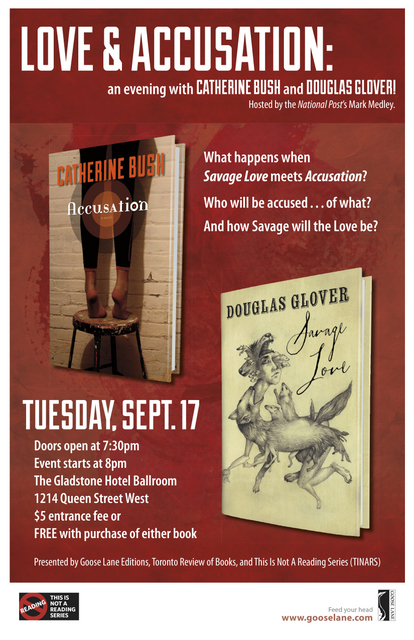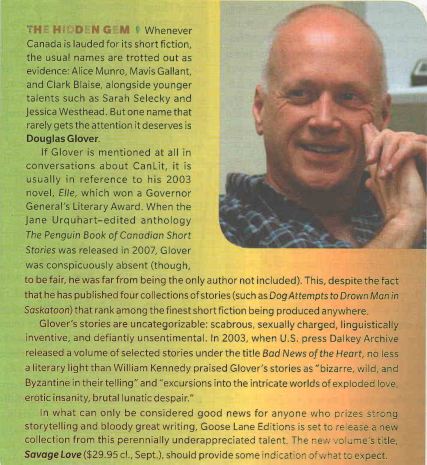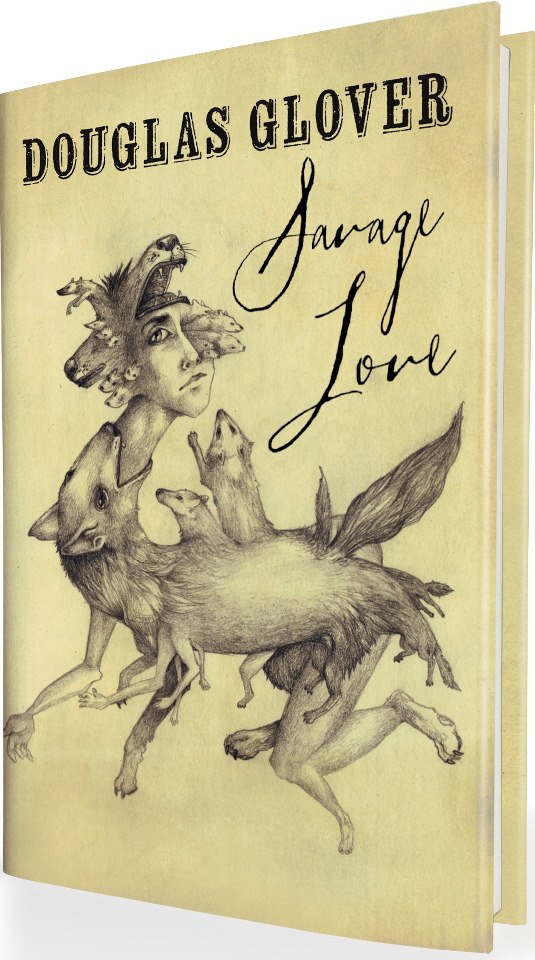Here’s the second in a series of short essays about writing sentences that I am putting together for the National Post in Toronto this week as part of the promotional fanfare leading to the publication of Savage Love. Yesterday I did but-constructions; today we have the rhetoric of lists. Here’s a teaser; it was just published earlier this evening.
dg
The first technique I learned and applied consciously was the list. This was in an early story “Pender’s Visions” that begins with a line – “Pender is a bottle, a glass, a table, a gun, a house.” The line becomes a refrain through the text, only to modulate in the last section of the story into “Pender, a bottle, a glass, a table, a gun, a house, a world…”
This was, as I say, a first attempt (no apologies for being young), but you can see the rhythmic effect of a long series that becomes a structural effect by the repetition of the line throughout the text, and then becomes a thematic effect by the modulation of the series at the end. The modulation is especially significant because a series (of vaguely like entities) creates reader expectation, and the reader always enjoys having his expectations tweaked.
Rabelais was a gargantuan list-writer. In an early chapter of Gargantua and Pantagruel, he gives a paragraph long list of plant matter the boy Gargantua uses to wipe his butt. “Then I wiped myself with sage, with fennel, with dill and anise, with sweet marjoram, with roses, pumpkins, with squash leaves, and cabbage, and beets, with vine leaves, and mallow, and Verbascum thapsus (that’s mullein, and it’s as red as my _____)–and mercury weed, and purslane, and nettle leaves, and larkspur and comfrey. But then I got Lombardy dysentery, which I cured by wiping myself with my codpiece.”
This is complex and hilarious, hilarious because it is a long silly list that contains some very odd choices. Pumpkins? Note also that list makers pass on conventional punctuation and grammar. Instead of a series of items separated by commas right to the end, Rabelais modulates to comma-and breaks, then reverts to the earlier convention, then goes to comma-and to the close of the sentence. A lot of “ands.” Rhythm is everything in a list, but you don’t want the rhythm to send the reader off to sleep.
Rabelais also disrupts the list with the Latin name for mullein and inserts a comical parenthetical (breaks voice, as it were) and comments directly to the reader, creating a syntactic drama that breaks the rhythm temporarily. Then he adds a but-construction (see my previous column) that gives the list a plot. Instead of an endless repetition of the same wiping act, the boy gets dysentery (with an ethnic slap at Lombards). Then we come back to wiping.
This is brilliant list writing because it’s outrageously funny, rhythmic, and has plot. The basic principles are all there: list, rhythm, disruption (by changing up series members, by grammatical disruption, by authorial interruption, by but-construction), and plot.
Read the rest at the National Post.
